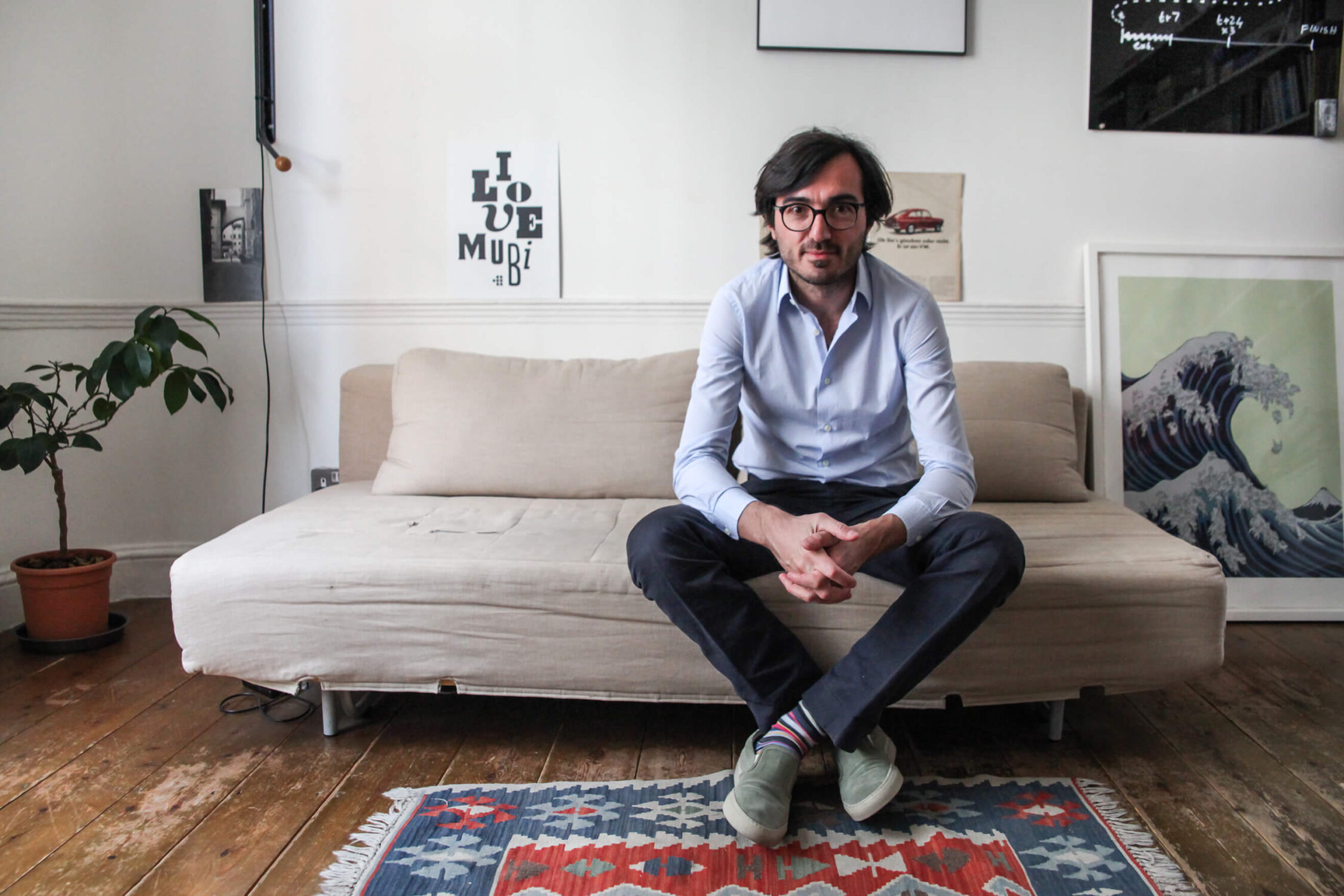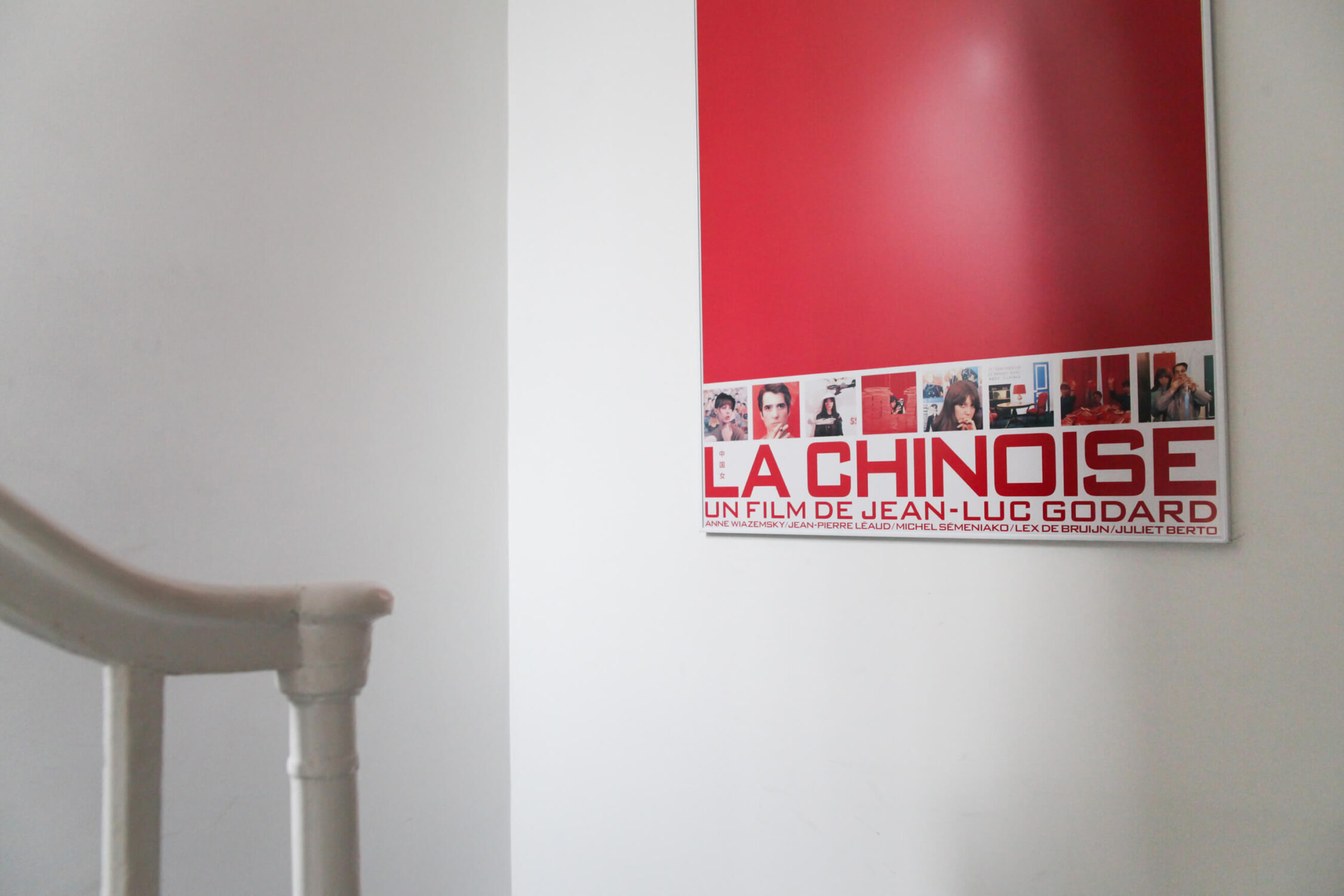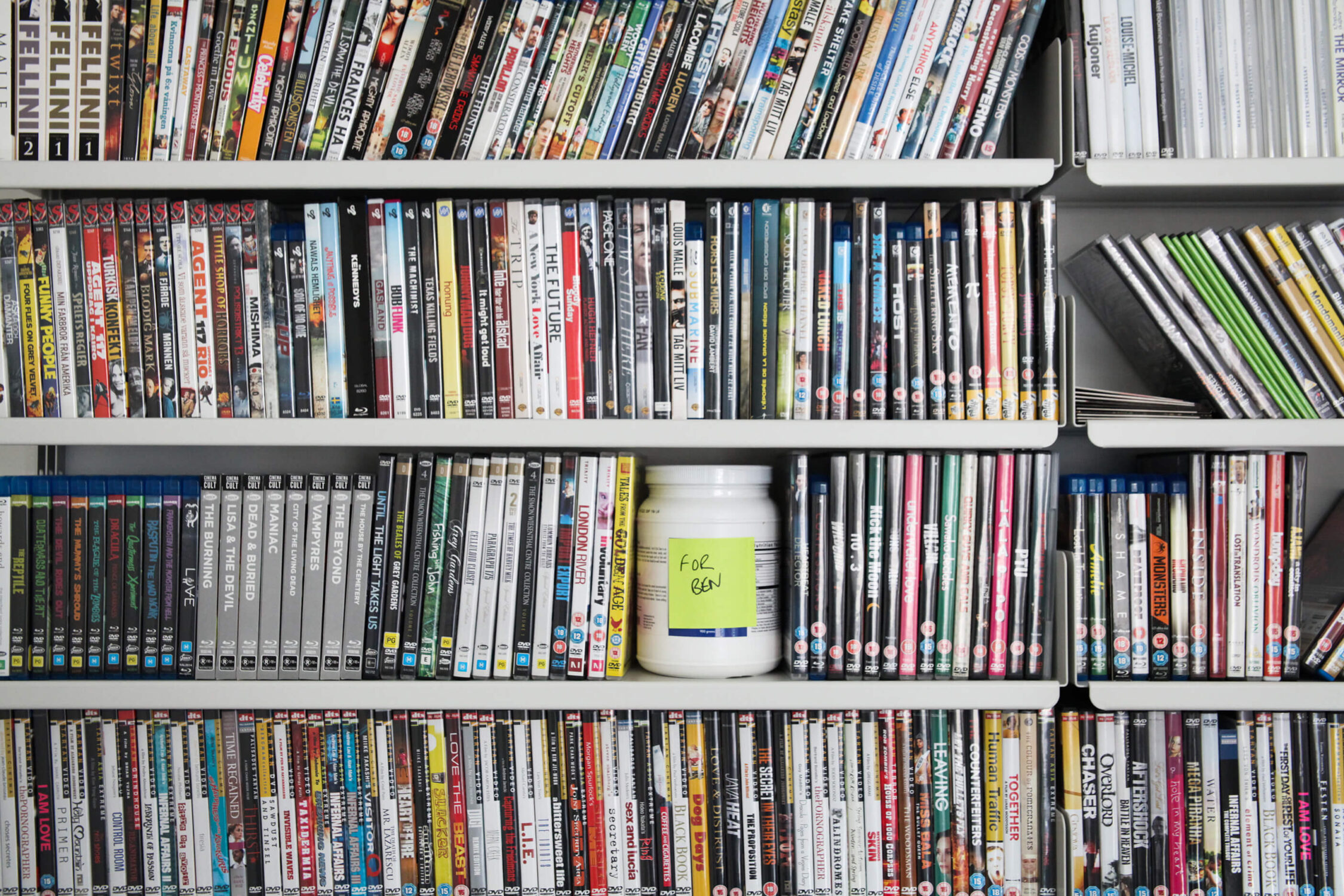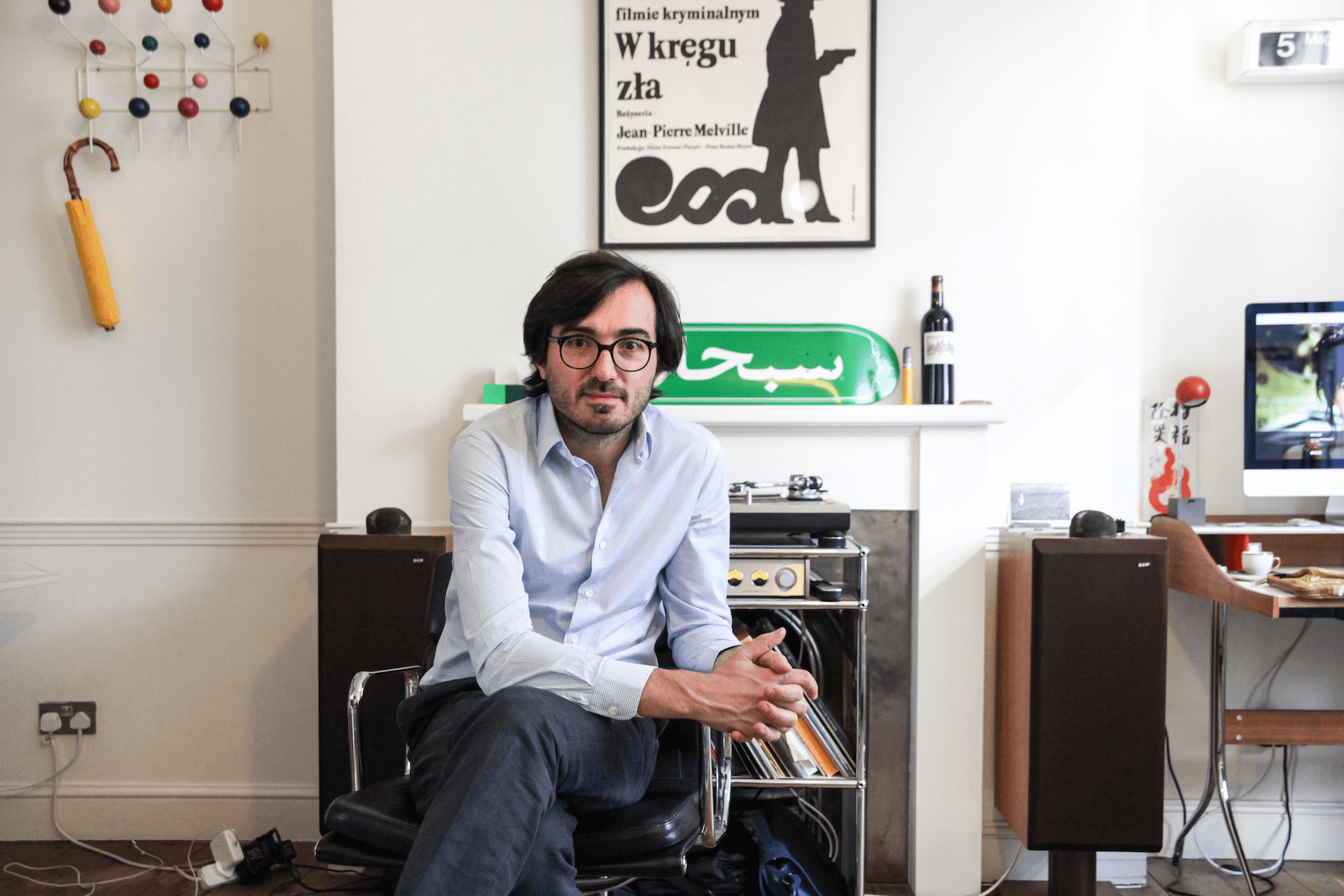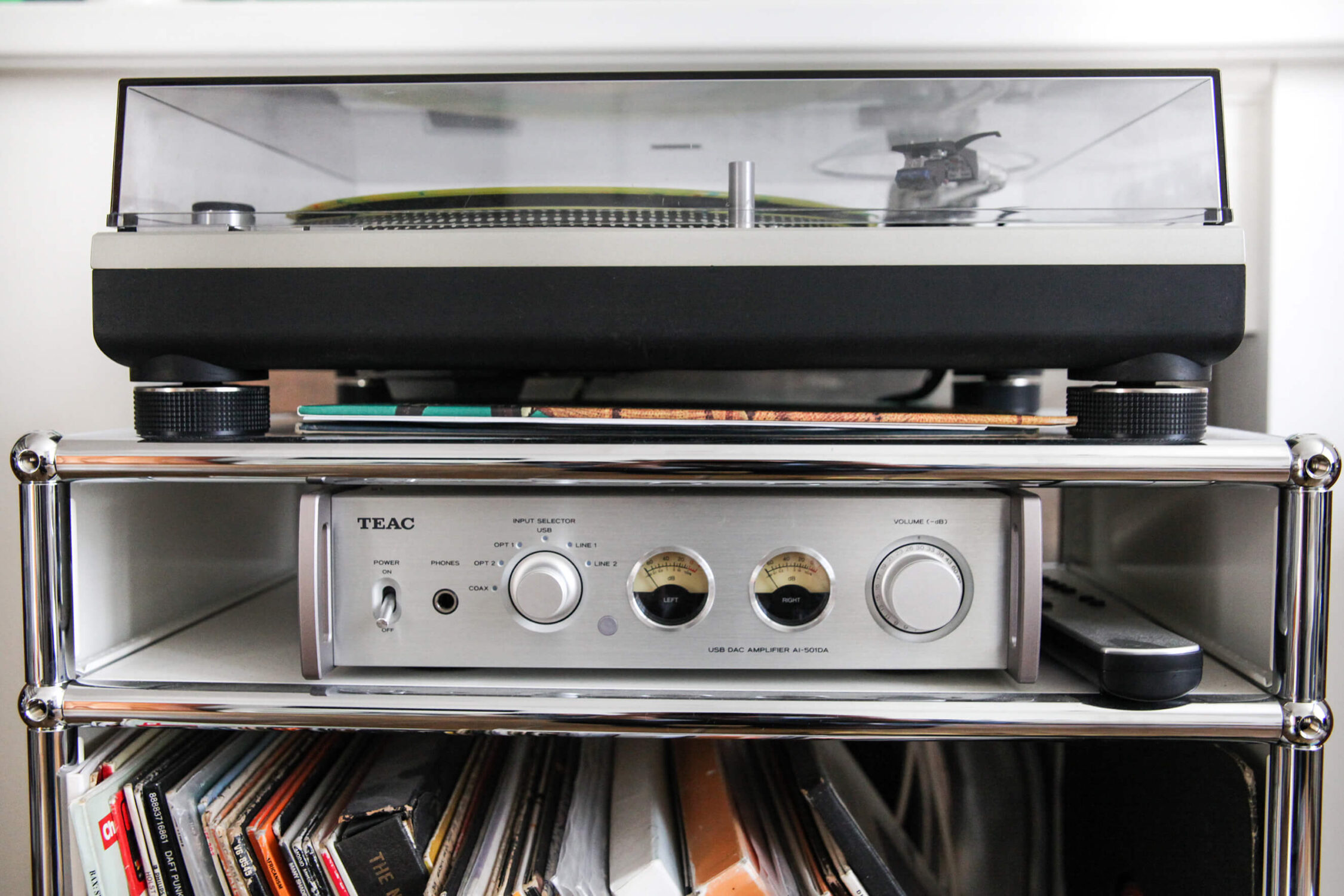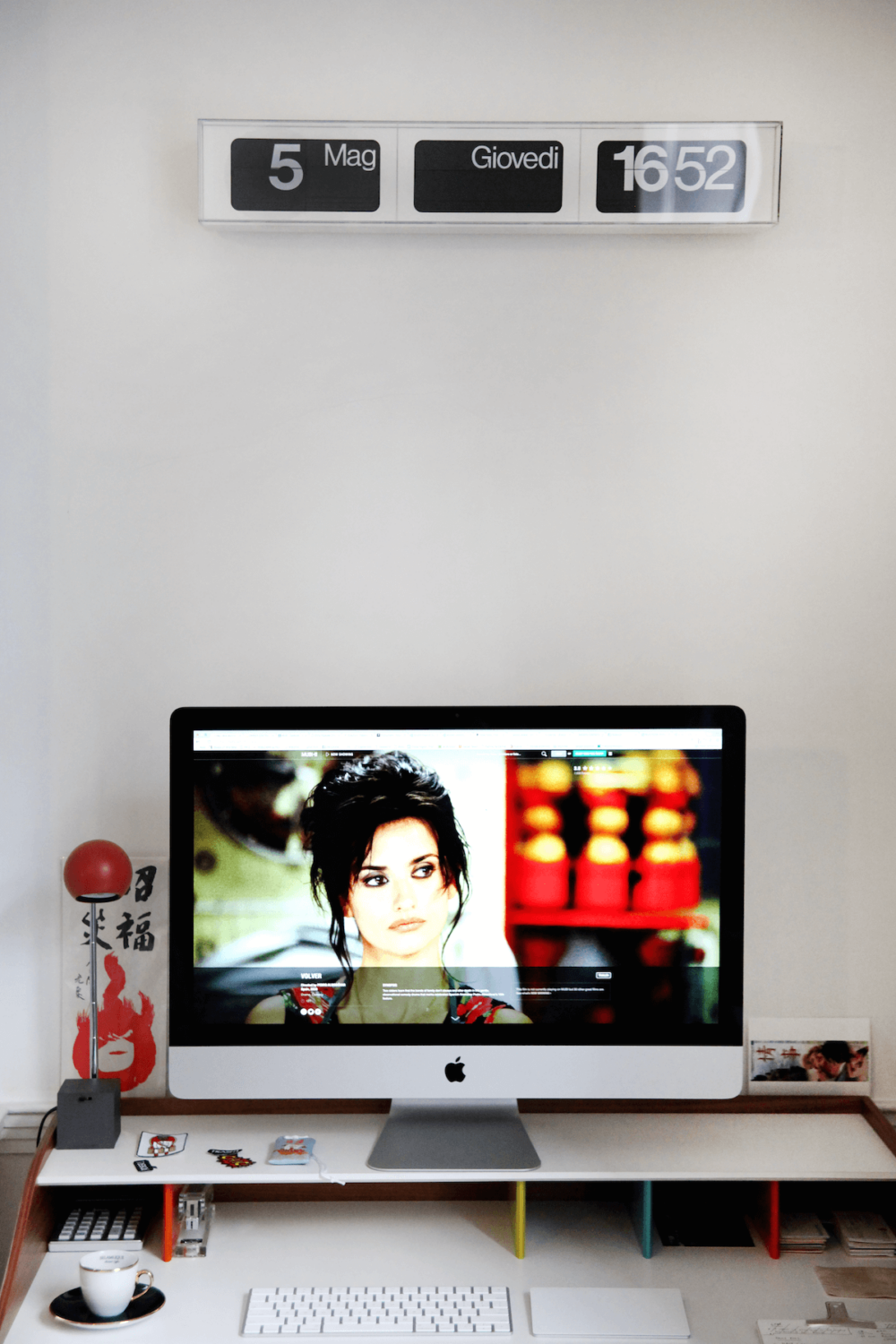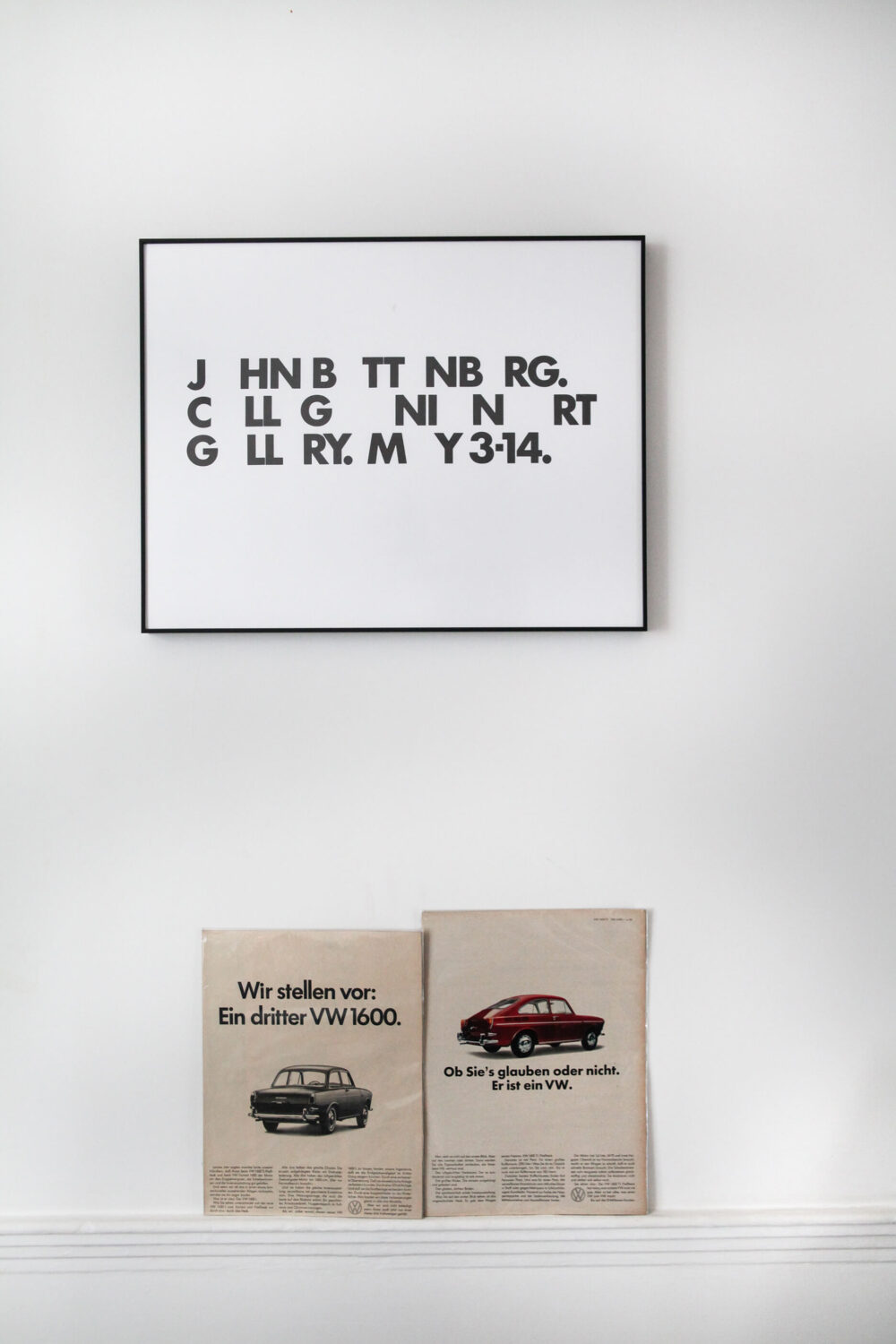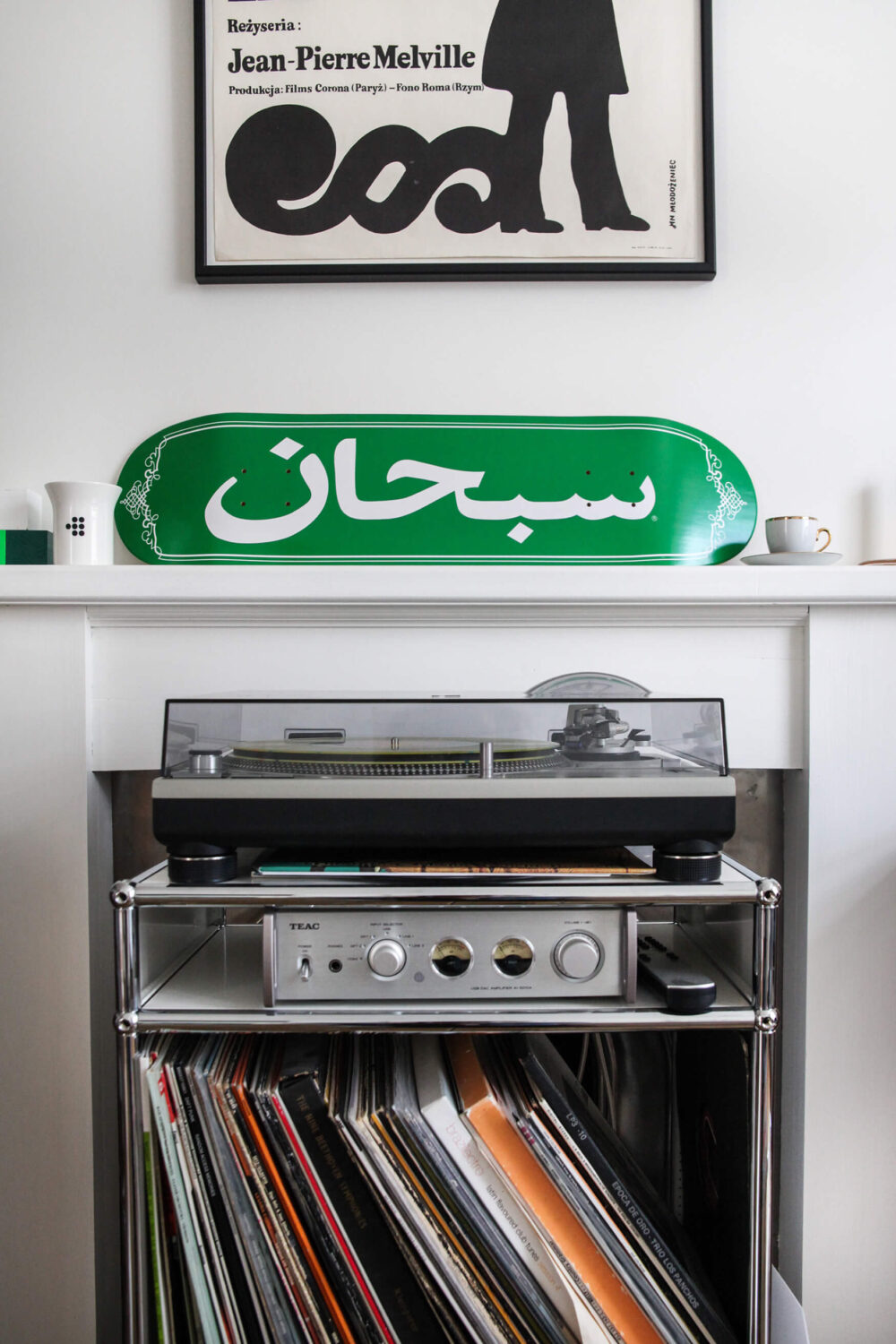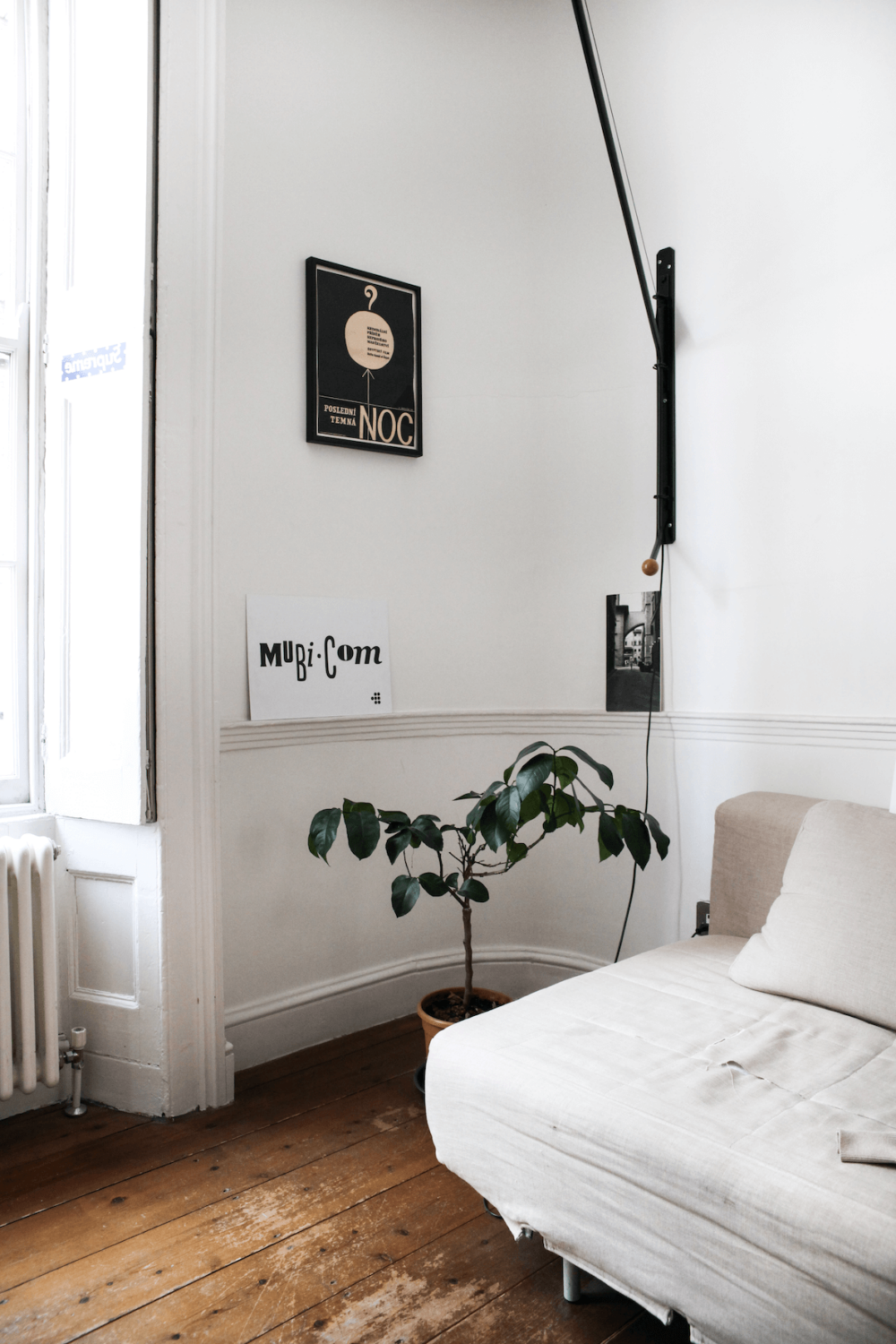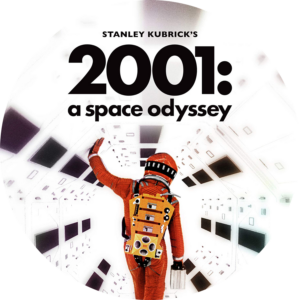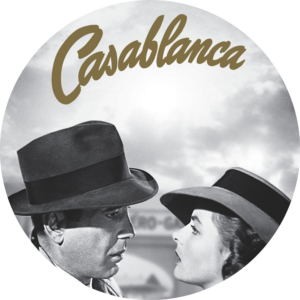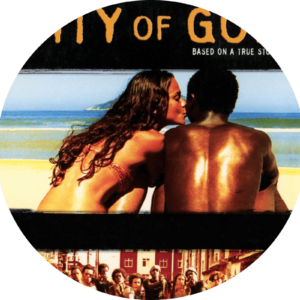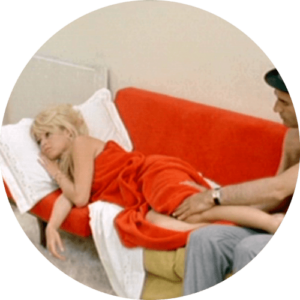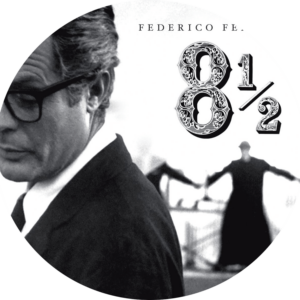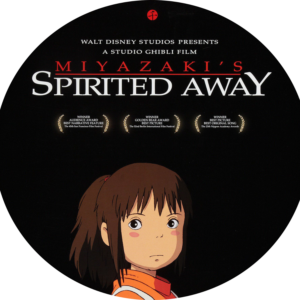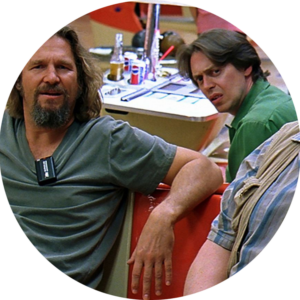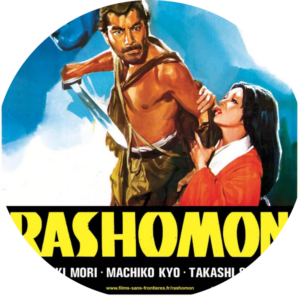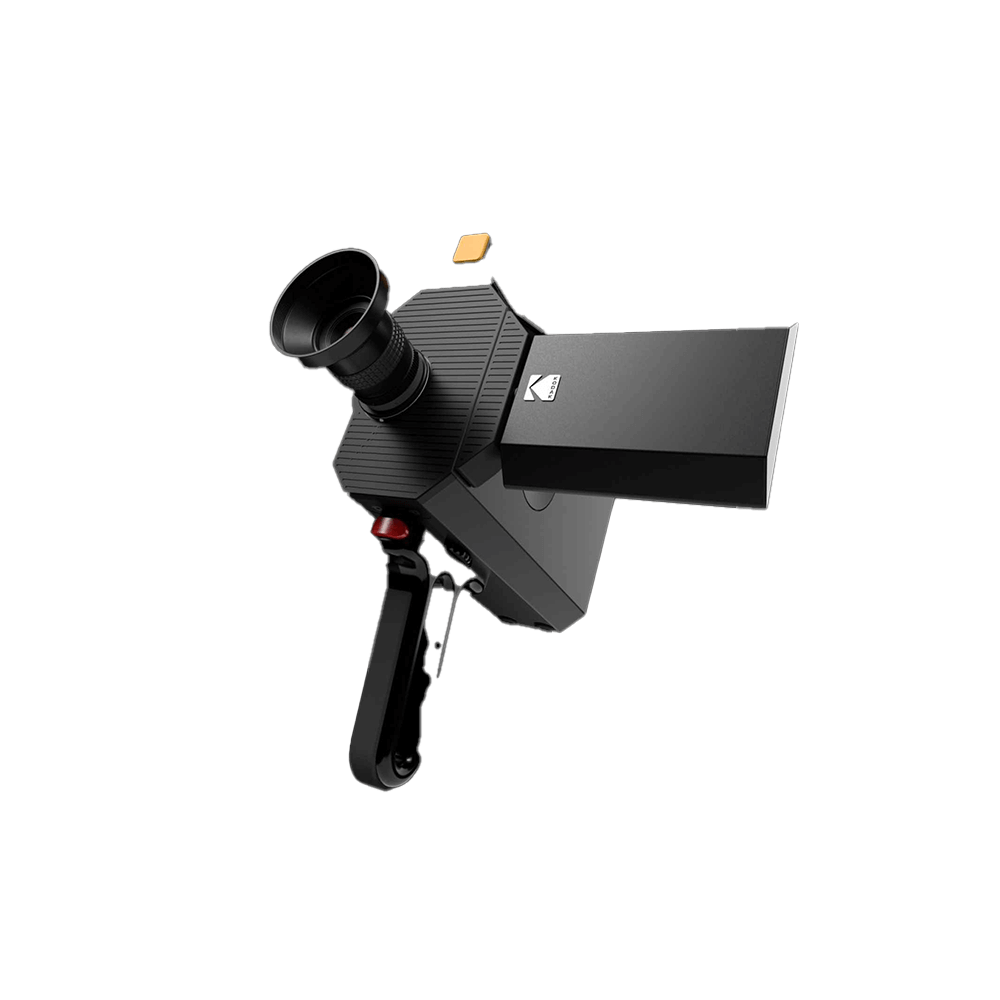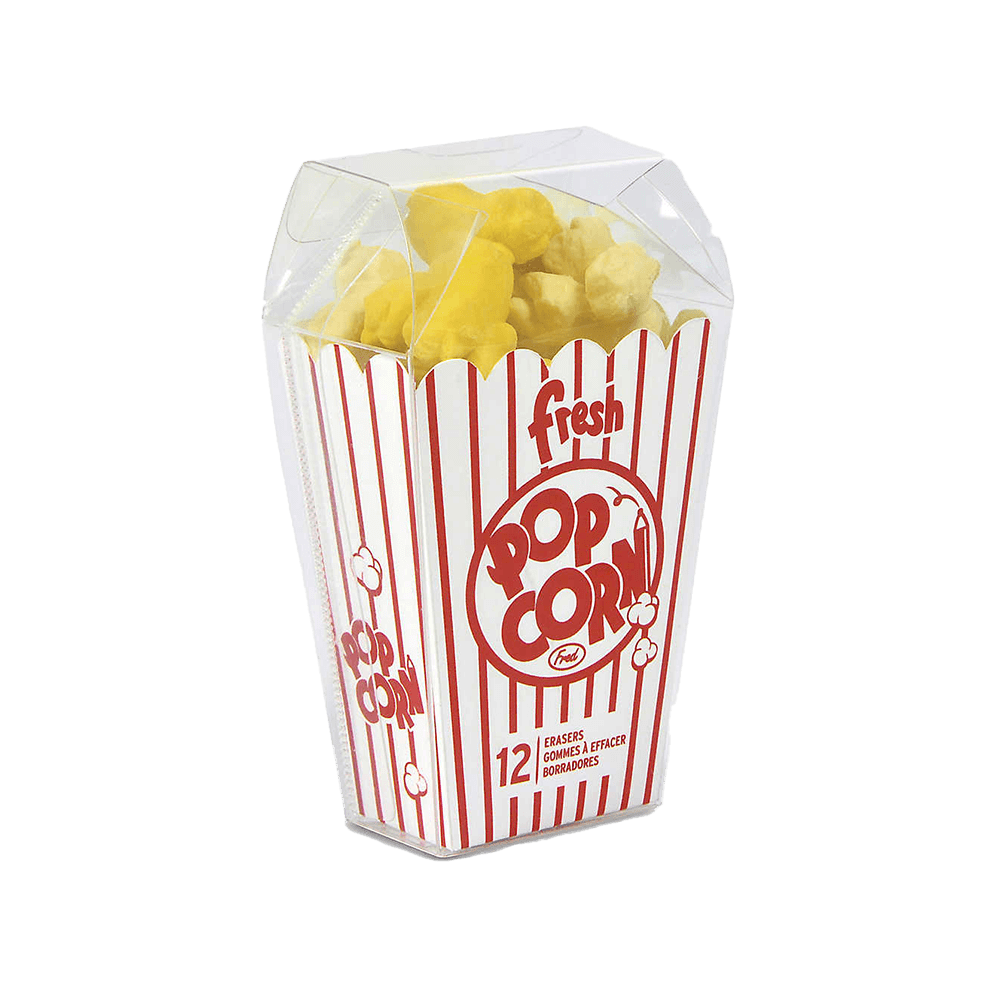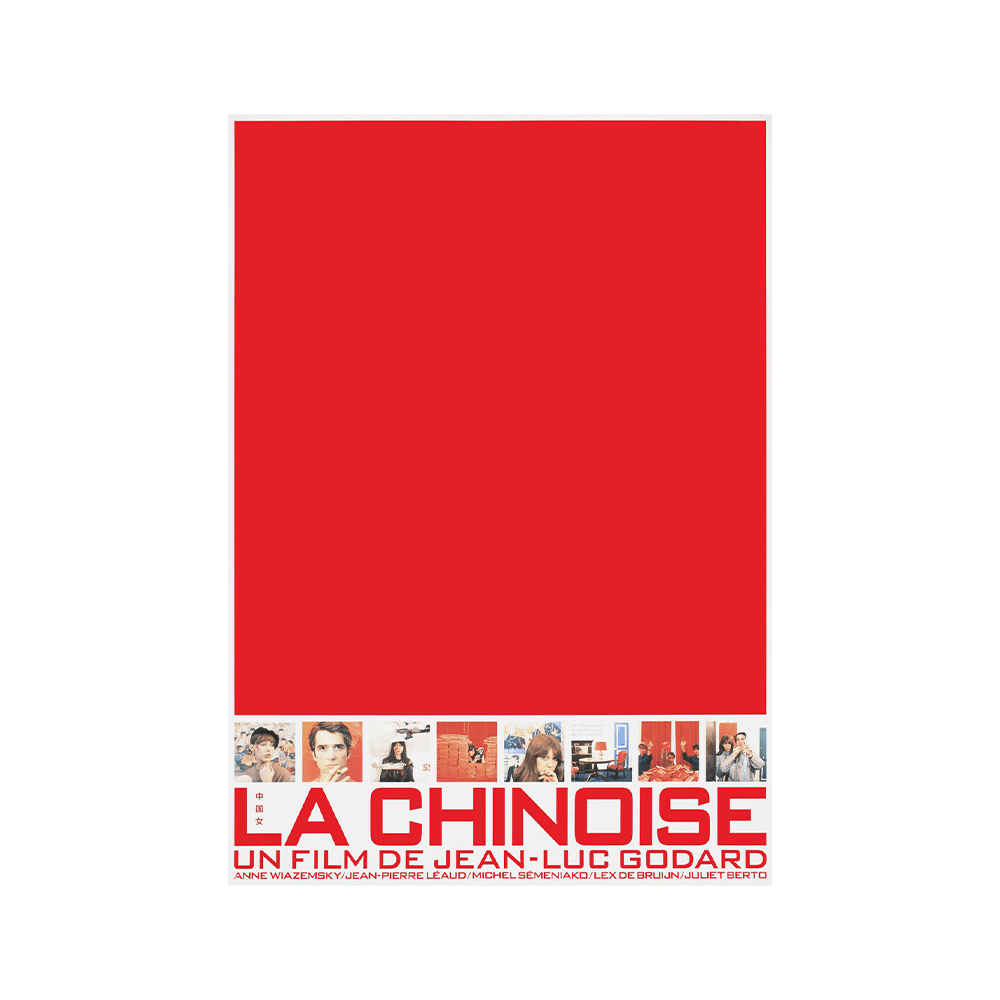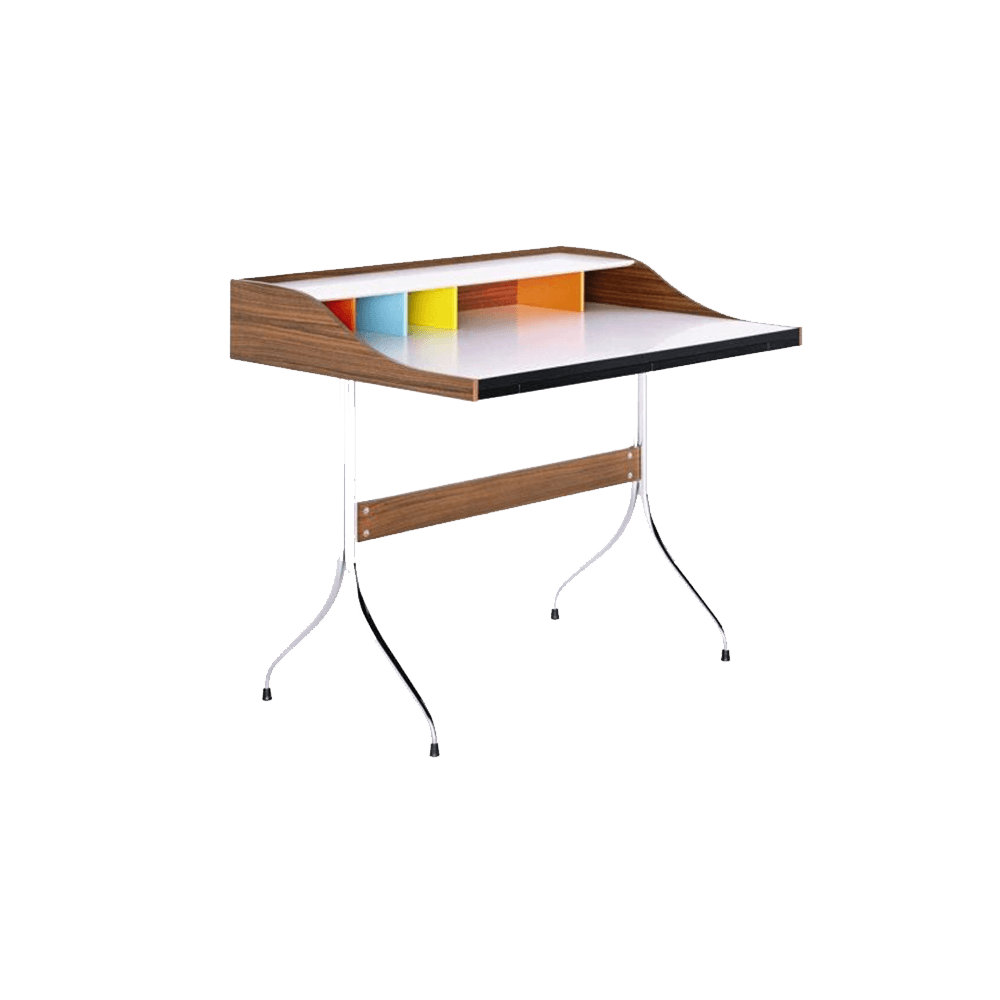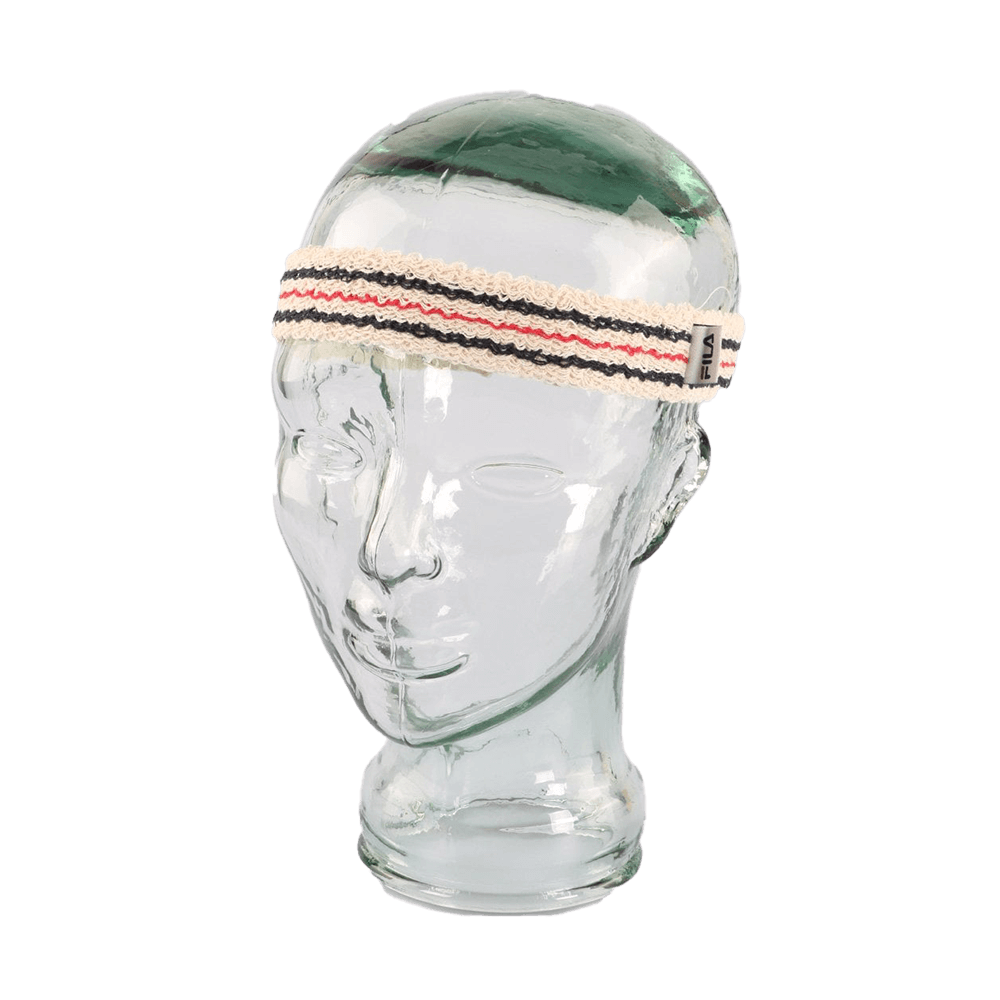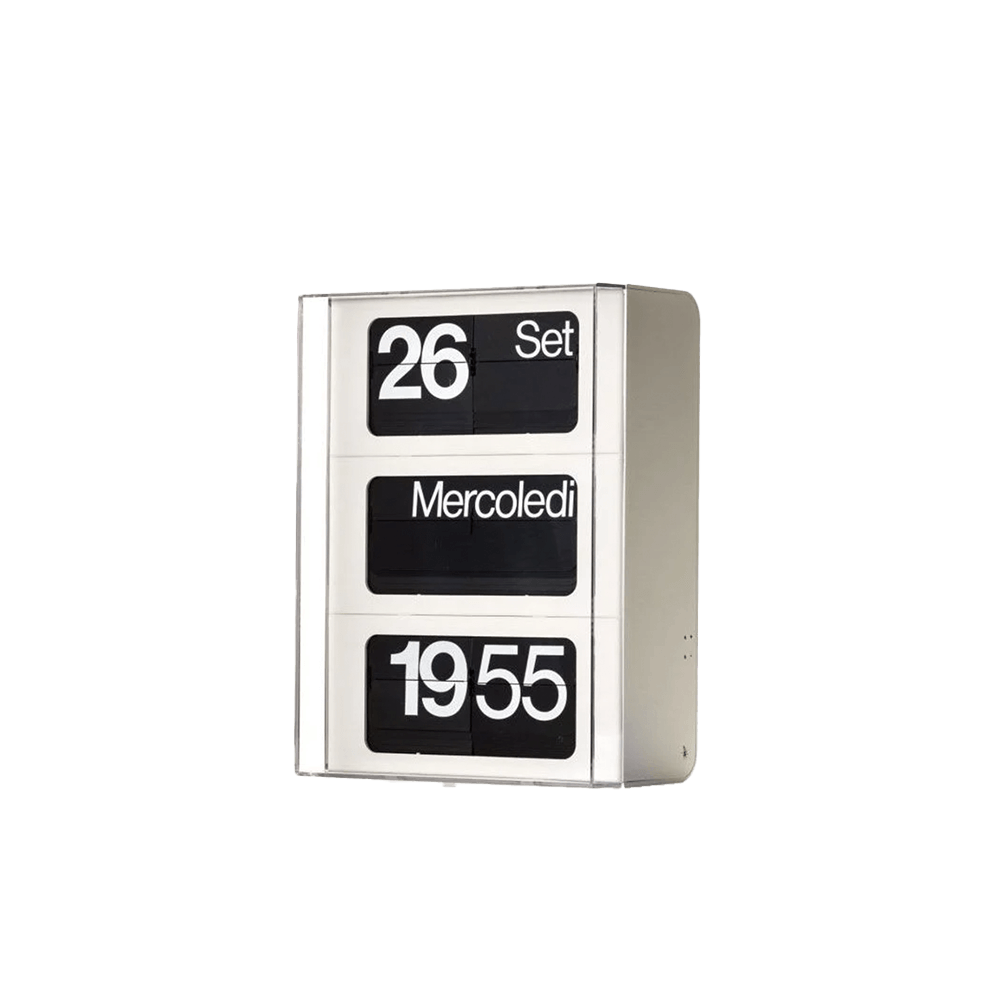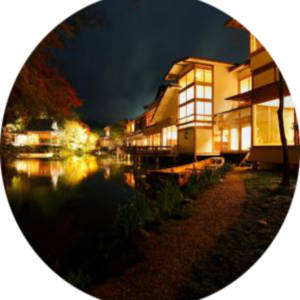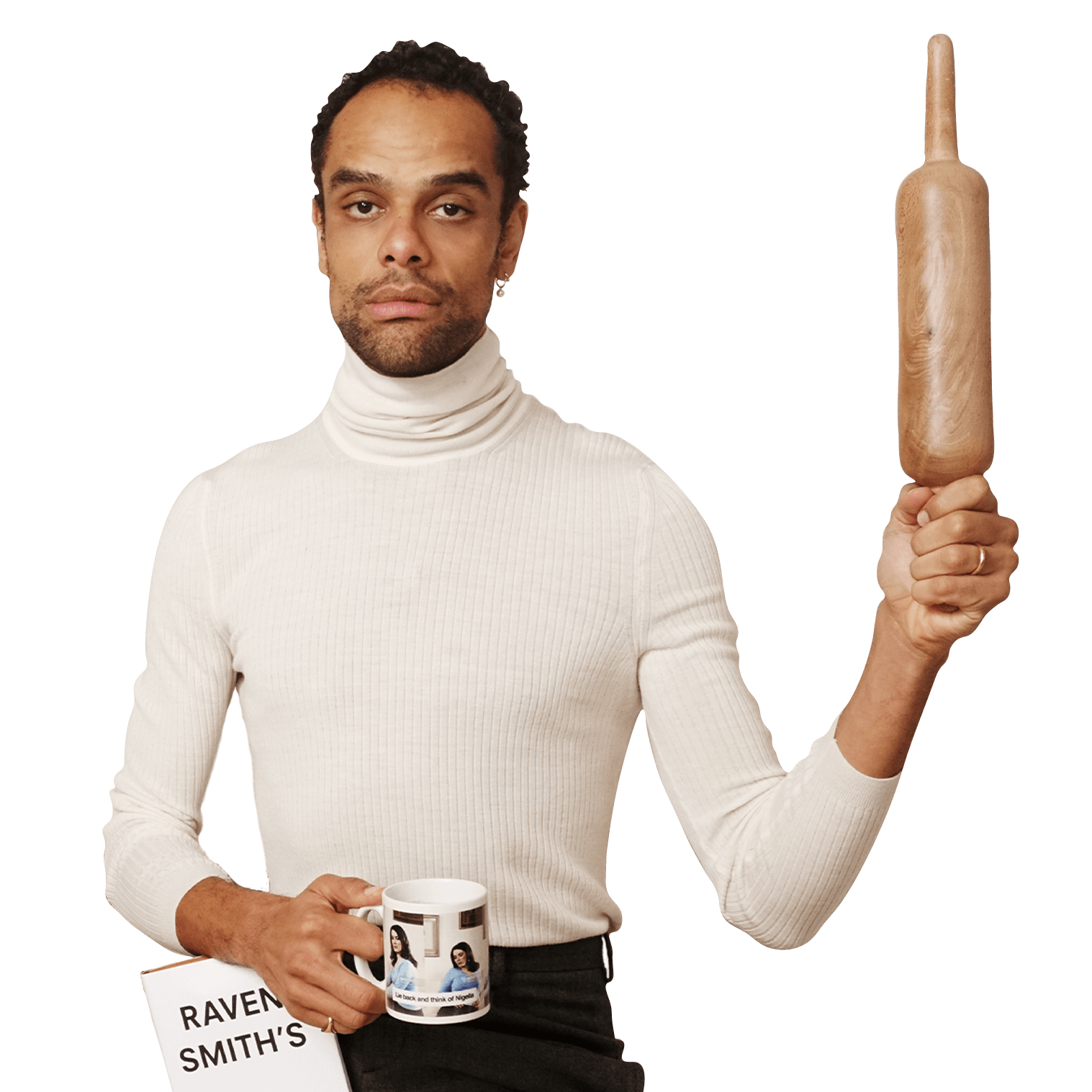Efe had always been passionate about films. But far from following the general internet trend he decided to create a platform on which ‘less is more’ – “like Netflix but without the bloat” as the Guardian perfectly sums up. The auteur-driven website, which selects 30 movies a month, has a mission: to support great cinema. Its selection is rigorous, meticulous, opinionated, sometimes very niche. But Efe believes in a very pedagogical and democratic access to cinema, “how do you know you like it if you have never been introduced to it?”.
On this sunny London day, Semaine enters the 18th century town house which host MUBI’s headquarters. A vinyl is playing in Efe’s office, it’s Herbie Hancock. We want to discover more about this Hollywood like success story.
Semaine: So, Tell us the story of MUBI?
Efe: “I love cinema. My background is in technology: I went to MIT and studied computer science and Electrical Engineering. At SAP (the German Software Company), I learned how to build scalable web apps and I started my business career at Goldman Sachs as an investment banker. But I never stopped having a weakness for cinema. That’s the moment in Japan when, all that I knew in life came together with my passion and I saw this amazing opportunity I had to grasp. It almost seems now like that everything that I have done in my life came together and became this ball in front of me. And I could see the goal. I wanted to watch a movie in a cafe in Tokyo. It was 2006. It was Christmas time.
The movie I wanted to see was “In the Mood for Love” by Wong Kar-Wai and there was not a single platform online that allowed me to watch it. I couldn’t believe that in a country that has the third largest movie market in the world, the fastest broadband speed in the world, and a very mobile device-savvy audience, I couldn’t. I thought: “How is that even possible?” So I started looking into it.
Home video entertainment is a 200 billion dollar industry, almost entirely pay TV and DVD and it was obvious, even back in 2006 that the consumer experience was going to shift. But this was early days: that was pre-iPhone, pre-iPad, and smart TV’s were just being introduced. Yet you could clearly see from YouTube that people started watching long format videos online, and they could sit down in front of their laptop for more than an hour. It was going to move. An idea was born at that moment. It was very exciting because I wanted to build something that I personally needed. I guess this is why MUBI’s selection is so distinctive, we want our users to access a particular and differentiated product. It really reflects the ambition which is to create the best destination for cinema. The best destination online to watch, discover and discuss great cinema.
The vision was that in 10 years time anyone from Buenos Aires to Tokyo would think when they are in the mood for a good film: “What’s on MUBI tonight?” It was a very ambitious vision yet it was something something that we could close our eyes and touch. That was the beginning, it was 9 years ago, in 2007. On February 14th, on Valentine’s day, it was the incorporation of MUBI. and we are going to celebrate our 10 year anniversary next year!”
Semaine: Was it hard to decide to leave the corporate life to become an entrepreneur?
Efe: “My father is an entrepreneur and a very successful one, so I grew up with a father who grew an amazing business. I had the feeling, the DNA, I saw how great it was and I learned a lot from him. To be honest, I always thought I would be doing something like this. And at this point I am terminally unemployable. I guess, once you get the taste of building your own thing it’s impossible to go back. I have worked really hard and I never want to work again in my life, and this doesn’t feel like work. I started when I was 31. I’m 40 now and I found what I want to do with my life.”
Semaine: In what way did your skills help you?
Efe: “First of all, I could build it. When you press play on the video it works amazingly, and the reason for that is because I knew how to build this stuff. I needed to have this tech, business and passion for cinema for this to happen. If you don’t know the business, how are you going to raise 20 million dollars to get where we are? It’s not an easy job to raise money.”
Semaine: Can you tell us more about your passion for cinema?
Efe: “My passion for cinema really started in my mid-twenties, when I went to College in Boston. That’s when I started to find myself in the local cinematheque and engaging with this stuff. The French New Wave is really what started to get me into great cinema. But it’s an acquired taste and it took a number of years for me to really get into it. It’s also the time I really got into wine which is my other passion. Wine and cinema. (He laughs – very French we thought.)”
Semaine: Did you always know MUBI was going to work?
Efe: “That’s why entrepreneurship is crazy: if you calculate everything you would never do it. I didn’t know anyone in the film industry and two years later I realised why there was not a single platform in Japan and there were actual structural reasons, the film ecosystem and so on and so forth. You don’t know anything. You just know you need it, you know you can build it and you should just go ahead and do it. All the planning you have, all the guesses you have, all the financials etc. Nothing was right.
When I look back nine years, when I look back to the original the business plans, I realize I had no idea. But what is important is that you believe in it and you have a long term vision. And you believe that you can figure it out. We didn’t have this model but I knew that people were going to watch movies on these devices and I figured out over time the right value proposition, the right messaging, the right product. And you put up an amazing team.”
Semaine: What do you think was the problem online?
Efe: “First of all I think there is way too much content. Nowadays, our time is very limited and valuable. I want to stress one phenomenon which is the paradox of choice. Too much choice is not necessarily a good thing. When you can access any film you want, anytime you want, anywhere you want, the question very quickly becomes: what? Think about your own experience, and how frustrating it is to find something that you want to watch on a platform with thousands of films. Think about your own Netflix experience.
We have spent a lot of time trying to understand how people watch a movie. Turns out the only two way you are going to watch a movie is either you are heavily marketed to it, for example you see Star Wars everywhere and you go watch it. Or, someone that knows you really well says ‘There is this film from Cannes last year that you are going to love. You have to watch it’. So advice from someone you trust. Then you go and watch it.
We want to become that trusted friend to you. We want to represent something. We want to be the arbitrator of taste.”
Semaine: But isn’t the definition of “Good Cinema” very subjective?
Efe: “MUBI is not for everyone and the films that we choose are very subjective and of course we say that it’s great cinema but based on what? So we don’t appeal to everyone but we appeal to a certain audience, a discerning audience that we can really satisfy and it turns out that this audience is bigger than what people think. It is not a niche.
We all have our own guilty pleasure and I actually quite enjoy the big blockbusters. I’m not even necessarily a cinephile. Not like the guys upstairs. (He points to the first floor). If I ask Kurt (one of the programmers) all Kubrick’s movie titles in reversed chronological order, I’m pretty sure he will be able to name them all, that’s a true cinephile. But there are a lot of people like me, not cinephiles, not specialists, who just want to watch good cinema.
Unfortunately, in Hollywood particularly, marketing a film became so expensive: people don’t take risks anymore. Studios use to make 400 titles a year, 10 years ago and now they make 120 titles. They are making bigger and bigger films, with bigger and bigger budgets that appeal to a much wider audience : Fast and Furious 12. (He laughs). Those films make a lot of money which is completely fine but we want to represent something else.”
Semaine: Is it the difference between big Studios and Independent producers?
Efe: “Not necessarily, we represent great cinema and great cinema is not necessarily independent. Studios produce great cinema as well. The Coen brothers’ latest film is a Studio release by Universal and it was amazing. Tarantino’s latest film I thought was quite brilliant and that was Studio release. It’s not a question of Studio or Independent but it’s about great cinema. Great cinema is classics, Great cinema is contemporary, great cinema is a documentary, it’s a short, it’s animated…”
Semaine: Some people might say this kind of cinema is niche, too intellectual. That young people won’t be interested…
Efe: “This is the mistake that big studios make: they think young people don’t care. But they would love great cinema, they are just not being exposed to it. When they go to the movie theatre, if there would be more great cinema they would get a taste of it, and they would want more of it. Isn’t that the way we all started? We were all influenced, either by our family, or by our friends. In my case it was Wong Kar-Wai. Watching “Chungking express” for the first time. I was introduced by friends to this incredible director from Hong-Kong, and I was like “wow, that was different and interesting”. And I watched it again, And then I wanted to watch his other films, “In the Mood for Love”, “2046”, and before you know you are totally into Chinese cinema. You need to consider young people as intellectual people who can appreciate art.”
Semaine: You wouldn’t say those films are difficult to grasp?
Efe: “You see, wine is a big passion of mine, tonight I am going to have a Bordeaux Clos D’estournel from 2005. And that wine, when I take a sip, literally explodes in my mouth. It’s so amazing. But if you never drink wine, if you are not passionate about wine, you would maybe enjoy it, but you wouldn’t have the same impact that it has on me. Cinema is the same. If I show you a Tarkovski, you might not appreciate how amazing that cinema is, from “Solaris” to “the Stalker”. But if you have been exposed to cinema and you see Tarkovsky: “Ouufff!!” It will have the same impact as this wine on me tonight. I don’t care if it’s niche. I think it’s a matter of exposing people to more and more of it.”
Semaine: What are MUBI’s different markets?
Efe: “The UK is the market we are most focused on and the US and UK are our biggest audience. MUBI is accessible in four languages: English, French, German and Spanish. As a result we have a very strong audience in French and German speaking territories. Mexico is the biggest audience in South America. There really is a significant presence in Spain also.”
Semaine: Why are emerging countries so important for you?
Efe: “There are two factors: First, emerging countries tend to have less options available to them and as a result MUBI becomes something really special. If you live in NYC, you have a lot of options for good art. Whereas, I was just in Indonesia for example, it’s a lot harder to get that kind of stuff. We can actually address a big need to access good cinema. Second, emerging countries have significant young populations. In Indonesia, average age is 26, in Europe it’s over 40-45 if you go to Germany and Spain. This gap makes a big difference in the way you interact with the world around you. An average person is more likely to watch a movie on their tablets in Asia than Europe. Obviously, all these factors are very interesting for us.
I always get stressed when there is only a few hours left to watch a movie before it leaves MUBI.
The idea was always to have a selection of 30 movies. So everyday one films comes and stays for 30 days. One goes. We wanted to create a constantly rotating library of 30 amazing films. I think you hit a certain psychological trait we show how much time is left to watch a movie, people have the fear of missing out. We come back to this idea of ‘choice’. We wanted to limit it because because films are actually a big investment in your life. Music is different in that sense: you start playing something and after a couple of seconds you know if you like the sound. A movie is two hours of your life, so you actually want to be sure that you want to watch that film or that you are going to enjoy that film before you start playing it. Which makes curation even more crucial.”
Semaine: Are you attached to the physical experience of cinema?
Efe: “I think cinema is here to stay and in fact, I love the cinema experience more so than any other experience. What we are doing is not replacing cinema, what we are doing in making cinema more accessible and convenient.”
Semaine: Is piracy a big competitor?
Efe: “Legal platforms don’t offer the kind of content we want to propose. The only way for you to watch The Man three years ago was to pirate it. We want to offer a better than piracy experience. Try and pirate and something on your Apple TV (goes and uses words I had never heard before to explain how complicated it would be to pirate a movie a show it on your TV). We offer a better experience. We were the first to show Truffaut’s films, Jules and Jim, etc, before anyone else in the world. Before we did those deals, the producers wouldn’t want to give it to any platforms and the movies weren’t accessible.”
Semaine: Was it hard to convince the studios?
Efe: “That took nine years. The industry is very conservative. It took time for us to convince people that this is really a good experience and that you are building an audience for their films. The current distribution set-up is still caught up in windowing but we want to show that online allows an alternative. The film we are really excited about this year in Cannes is “American Honey” from Andrea Arnold. There is so much buzz around it and the time to show it is now.”
Wouldn’t it be appropriate to ask the movie specialist what makes a good movie? Or better yet, recommend them. Watch Efe’s selection and make your own opinion…
Always on the move, the successful entrepreneur tells Semaine the things he can’t live without.
He is from Izmir in Turkey, studied in America, got his business idea in Japan, has an office in London and sub-offices in Melbourne. For travel destinations around the world, Efe has got it covered.
Banjar Begawan, Desa, Melinggih Kelod, Payangan, Kabupaten Gianyar
80571 Bali
Indonesia
“I read a lot but mostly things related to my work or my passions.” He says nonchalantly. Well, coming from someone who has so many. We wouldn’t mind knowing.
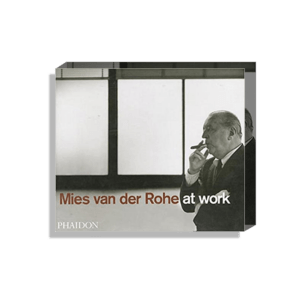
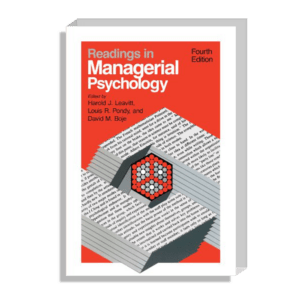

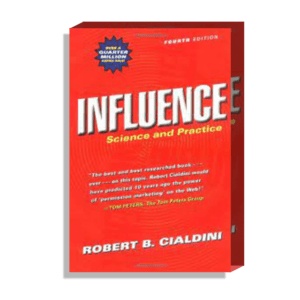
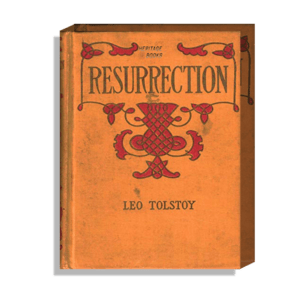
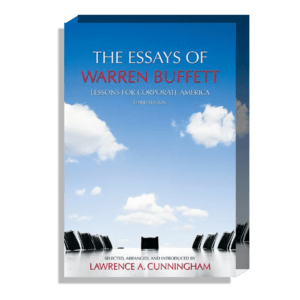
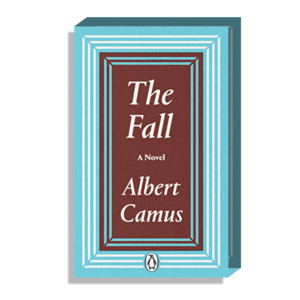
Books or Movies?
Efe:
Movies
Comedies or Dramas?
Efe:
Drama
Netflix or Apple TV?
Efe:
Apple TV
Independent or Blockbusters?
Efe:
Independent
Kubrick or Hitchcock?
Efe:
Both
Popcorn or Nachos?
Efe:
Neither
Netflix and chill or date at the movie theatre?
Efe:
A date at the movie theatre.
Last movie watched?
Efe:
The Tennant by Polanski
Favourite quote from a movie?
Efe:
Fat Moe: What have you been doing all this time? David Aaronson: Going to bed early. From Once upon a time in America.
If you could be a character in a movie?
Efe:
Rick Blaine in Casablanca
Any advice for entrepreneurs?
Efe:
Dream big.
Best advice you ever received?
Efe:
“The number one rule of business is to stay in business” (he says with a Russian accent).
Best/Worst trait in an entrepreneur?
Efe:
Distortion of reality. As the best AND worst trait.
Define Success?
Efe:
To be on your own path.
Motto?
Efe:
Take time off, enjoy life after three hours of good work.

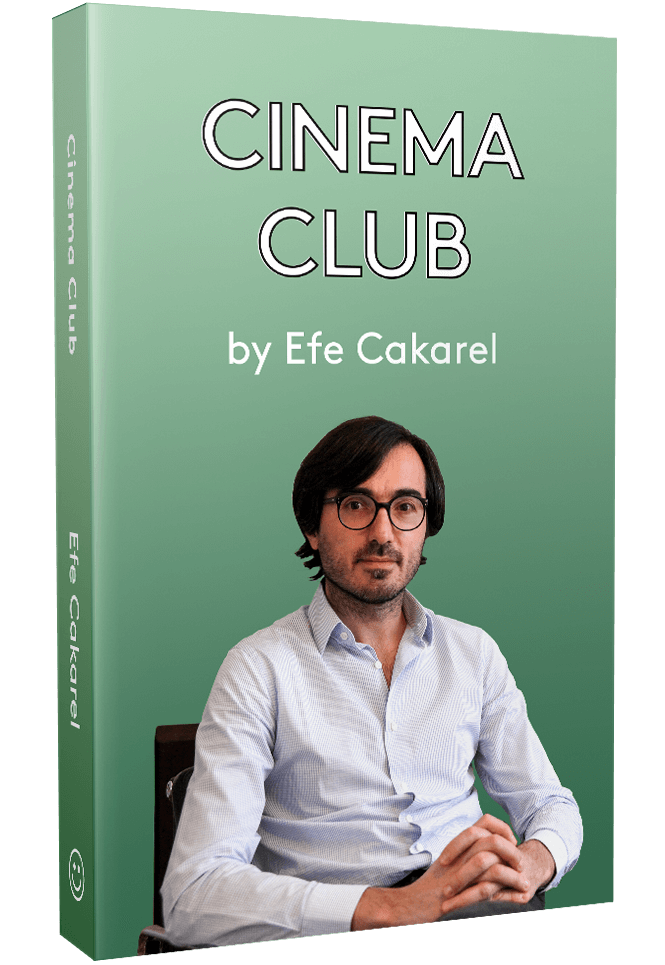
Efe's Cinema Club
Tired of an uninspiring endless scroll of films? For Efe, founder of MUBI, great cinema is for everyone. And the process from picking a film, to watching it, to sharing with others should is an art, not a science or algorithm. Look no further this guide is for you.
ENTER WORKBOOK